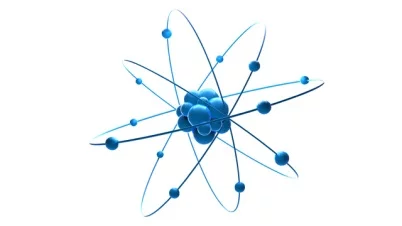Our laboratories are primarily focused on the production of radioactive targets. The method of target preparation is selected based on various experimental requirements, which include:
- Physical state of the target: Options include solid, liquid, or gaseous states. Solid targets may be self-supporting or mounted on a backing, necessitating additional considerations such as uniformity, homogeneity, and thickness.
- Chemical characteristics: Factors such as purity, elemental and isotopic composition, and chemical stability are crucial.
- Radioactive characteristics: The activity and dose rate are critical, particularly from a radioprotection standpoint.
We employ a variety of techniques for target manufacturing in our laboratories:
- Mechanically: Tablet pressing.
- Chemically: Electrodeposition from aqueous media and molecular plating from organic solvents.
- Physically: Vacuum vapor deposition and droplet deposition.
To ensure the quality of the produced targets, we characterize their activity, uniformity, homogeneity, thickness, and purity using the following methods:
- α-spectrometry
- γ-spectrometry
- Radiographic imaging
These stringent processes ensure that each target meets the specific needs of our experiments.

